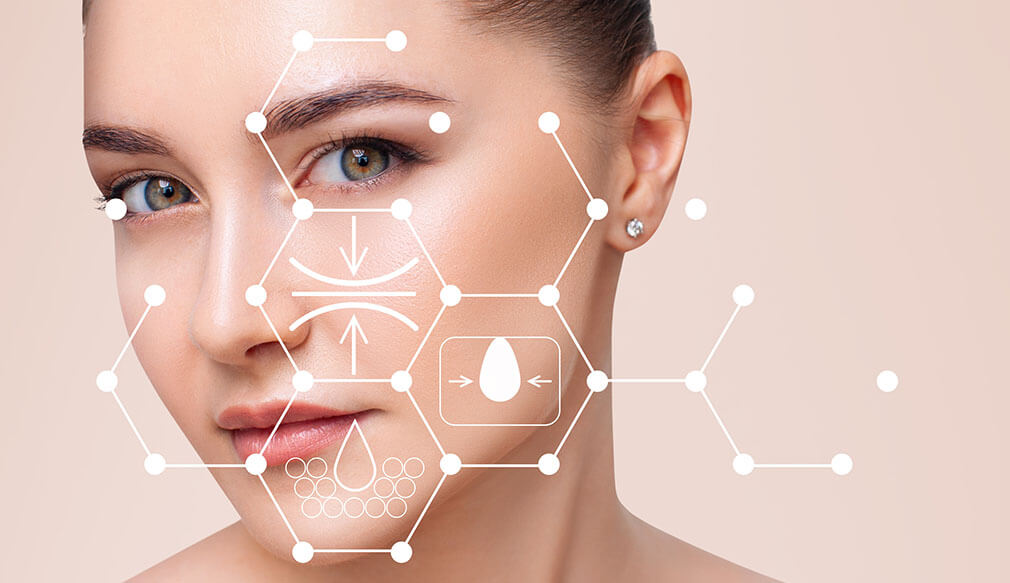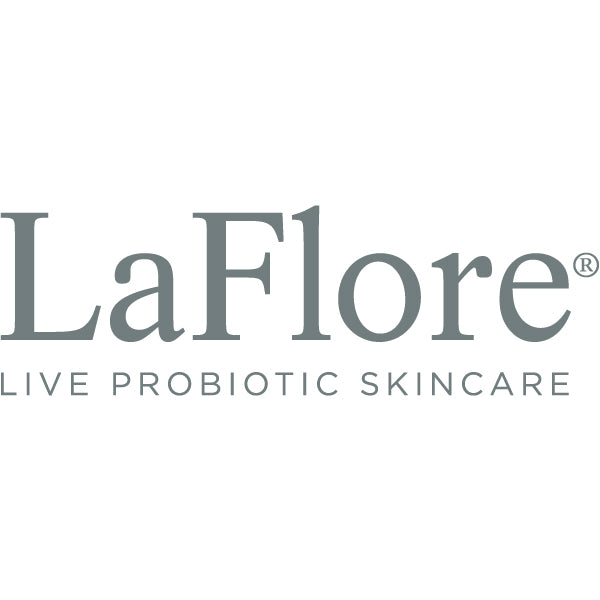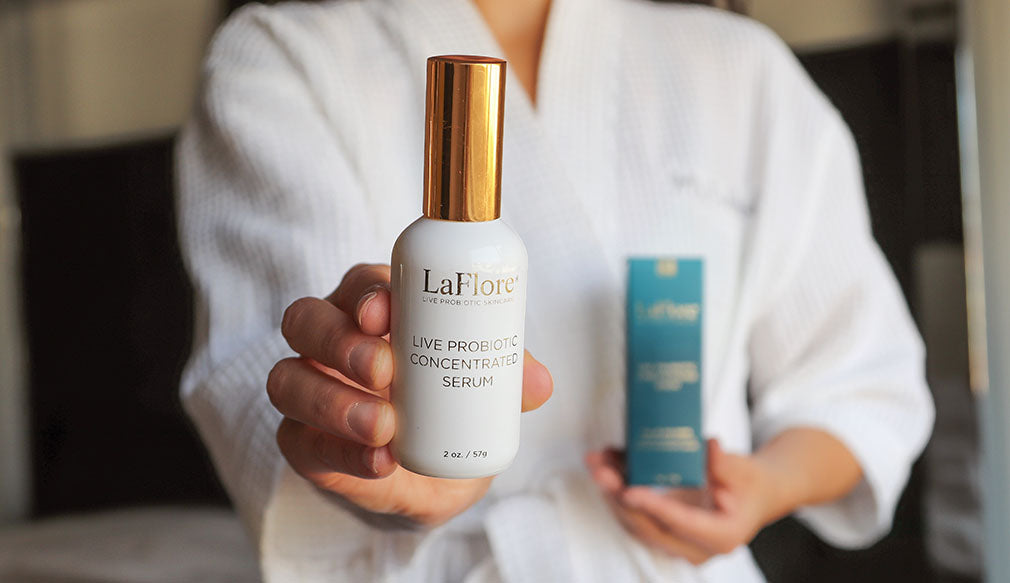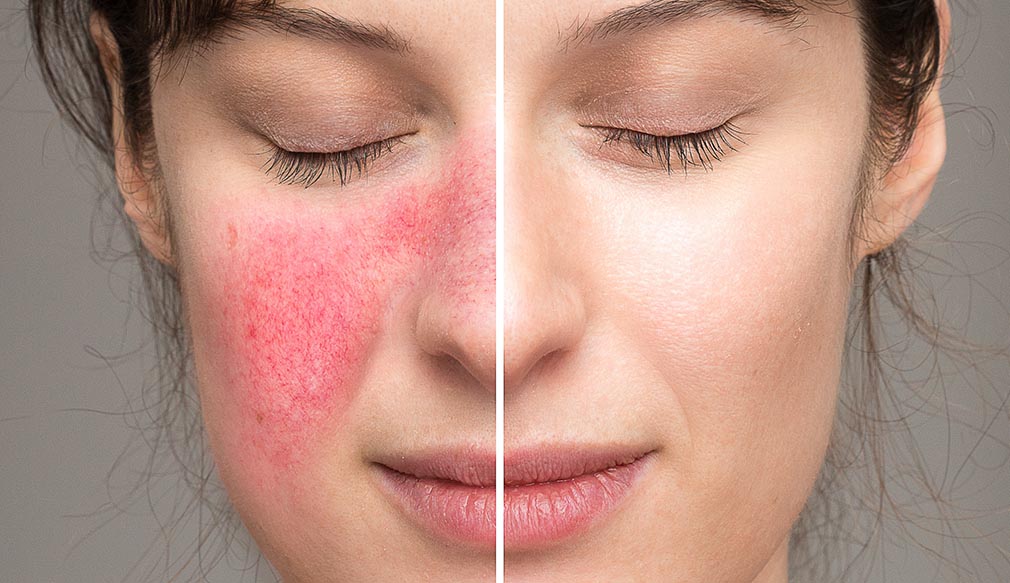
Skin's Silent Guardian: The Impact of the Microbiome on Sensitivity

How the Microbiome Impacts Skin Sensitivity
Sensitive skin, often characterized by heightened skin sensitivity, has become an increasingly common concern for many estheticians. Emerging research indicates that understanding the intricate interplay between the skin microbiome and skin sensitivity is crucial for addressing this issue. In this blog post, we will delve into the impact of the skin microbiome on sensitive skin, shedding light on the potential solutions and benefits it offers for managing skin sensitivity.
The Skin Microbiome and Skin Sensitivity
The skin microbiome, comprising diverse microorganisms like bacteria, fungi, and viruses, holds a pivotal role in the realm of sensitive skin. Its influence on the skin's barrier function, regulation of inflammation, and maintenance of pH levels can be pivotal in addressing skin sensitivity.
Maintaining Barrier Function in Sensitive Skin
One of the critical roles the skin microbiome plays is in preserving the skin's protective barrier, particularly in individuals with sensitive skin. A robust and balanced microbiome helps reinforce this crucial barrier, thereby minimizing the risks of irritants, allergens, and pathogens penetrating the skin. Conversely, when the skin microbiome is unbalanced, it can compromise the skin's barrier function, ultimately leading to increased sensitivity.
Regulating Inflammation and Skin Sensitivity
The skin microbiome also exerts significant control over the skin's inflammatory response, a key factor in skin sensitivity. Beneficial microorganisms within the microbiome play a vital role in moderating the immune system's reactivity. In cases where the skin microbiome becomes disrupted or dominated by harmful microorganisms, the result can be an inflammatory cascade within the skin, presenting as redness, itching, burning, or other manifestations of skin sensitivity.
pH Balance and Its Impact on Skin Sensitivity
Maintaining the skin's optimal pH level is critical for overall skin health and managing skin sensitivity. The skin's surface naturally maintains a slightly acidic pH ranging from 4.5 to 5.5, with the microbiome actively contributing to this balance. However, an imbalanced microbiome can disturb the skin's pH equilibrium, thereby contributing to skin sensitivity.
Microbiome Metabolites and Skin Protection
Microorganisms residing in the skin microbiome produce various metabolites and protective substances. These include antimicrobial peptides and other compounds that bolster the skin's natural defenses. When the microbiome experiences disruptions, the production of these protective substances may waver, potentially intensifying skin sensitivity.
Skin Microbiome's Interactions with Skin Cells
Microorganisms within the skin microbiome don't merely coexist with the skin; they actively engage with skin cells, exerting influence over various skin processes. These interactions impact critical functions such as cell turnover, collagen production, and wound healing. An imbalanced microbiome can disrupt these interactions, thereby affecting overall skin health and sensitivity.
Link Between Skin Conditions and the Skin Microbiome
Research has established a compelling connection between the skin microbiome and various skin conditions commonly associated with heightened skin sensitivity. Conditions like acne, eczema, rosacea, and psoriasis, often characterized by skin sensitivity, are closely intertwined with microbiome imbalances, further underscoring the microbiome's impact on skin health.
How to Instantly Improve Sensitive Skin
Harnessing the power of topical LIVE probiotics offers a multitude of advantages in the quest to soothe sensitive skin. These benefits encompass not only restoring microbiome equilibrium but also enhancing skin hydration and reducing sensitivity. Notably, probiotic treatments like LaFlore’s Microbiome Reset Facial and Live Probiotic Concentrated Serum have demonstrated their prowess in augmenting skin hydration, soothing inflammation and alleviating sensitivity by stimulating the production of ceramides, such as sphingomyelinase. This is achieved by reintroducing live active bacteria strains that have dwindled, thereby fostering the growth of more beneficial microorganisms, and ultimately resulting in reduced sensitivity following treatment.
In conclusion, the skin microbiome's role in managing sensitive skin is undeniable. Nurturing a balanced and diverse microbiome holds the key to maintaining a resilient skin barrier, regulating inflammation, and safeguarding against sensitivity reactions. By understanding this relationship and incorporating probiotics skincare, you can take meaningful steps toward achieving a healthier, less sensitive complexion for every client.
Two Ways To Add LIVE Probiotic Skincare To Your Spa!
LaFlore Live Probiotic Concentrated Serum - If you try any LaFlore skincare products choose this one! This serum helps by adding more of the beneficial bacteria the skin needs to reduce redness, irritation, and inflammation. Think of it as a transdermal supplement as it works best if used daily. This is due to the fact that it strengthens the skin microbiome to correct and prevent future sensitivity flare-ups by working with the skin microbiome to produce postbiotic metabolites like vitamin A, vitamin C, peptides, antioxidants, ceramides, and more. Available in professional and homecare sizes.
LaFlore Live Probiotic Concentrated Serum recently won the 2023 Aesthetican’s Choice Award for Favorite Probiotic Serum!
Microbiome Rest Package - This starter package includes all of the LaFlore professional products to perform the Microbiome Reset Facial in under 50 minutes. It accommodates 25 treatments with a revenue potential of $4,125 for a service priced at $165. It’s ideal for those looking to add a line to their spa that can help with those most difficult-to-treat clients including your most sensitive. It has everything the skin needs to mend and thrive naturally. The microbiome reset facial helps to reduce current acne symptoms like inflammation and redness while also providing a jumpstart to your client’s daily supplementation.
A Note About The Process:
When using topical LIVE probiotics like those found in our LIVE probiotic concentrated serum your client’s skin may purge. This part of their journey will be unique to them because everyone’s skin microbiome is different. Just remind them that if they think it is getting worse, it’s part of the skin’s process, and to not stop! Their healthy, happy skin is right around the corner. NOTE: Purge is not irritation, if your client experiences a burning sensation discontinue use.
Frequently Asked Questions:
Q: Can an imbalanced skin microbiome lead to skin sensitivity?
A: Yes, an imbalanced microbiome can disrupt the skin's barrier function, trigger inflammation, and alter the skin's pH, all of which can contribute to skin sensitivity.
Q: What are some signs of skin sensitivity caused by a disrupted microbiome?
A: Signs may include redness, itching, burning, or discomfort on the skin's surface.
Q: Are there protective substances produced by the skin microbiome?
A: Yes, some microorganisms in the microbiome produce protective substances like antimicrobial peptides that defend against harmful bacteria.
Q: Can disruptions in the skin microbiome affect skin conditions related to sensitivity?
A: Research has shown that imbalances in the microbiome are associated with various skin conditions, including acne, eczema, rosacea, and psoriasis, which often involve heightened skin sensitivity.
Q: Why is understanding the role of the skin microbiome essential for managing and reducing skin sensitivity?
A: Understanding the skin microbiome's impact on skin sensitivity can guide individuals in adopting skincare routines and lifestyle practices that promote microbiome balance and, consequently, healthier, less sensitive skin.




